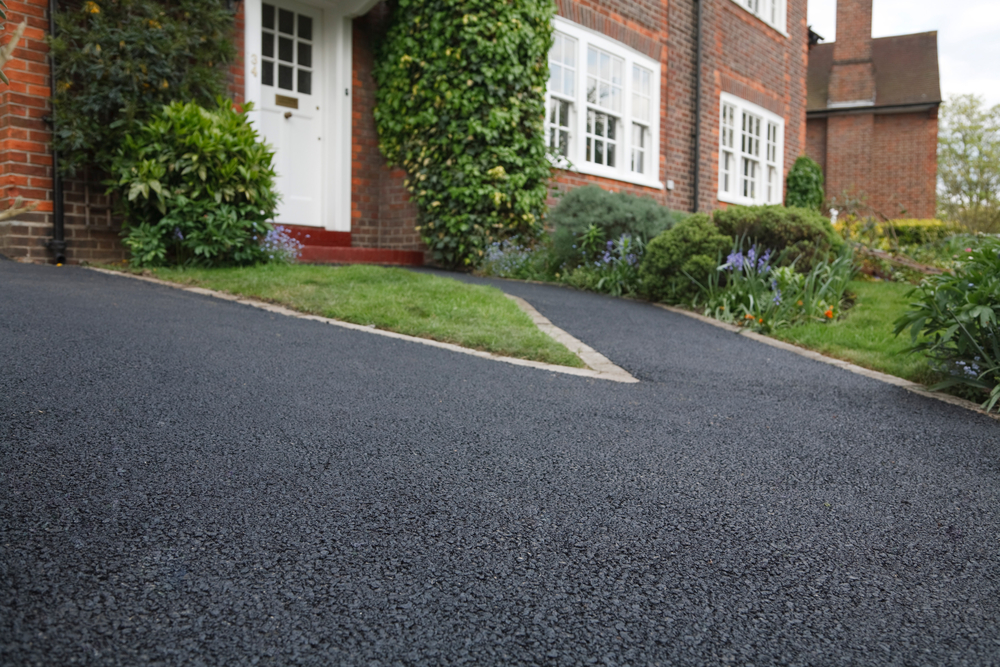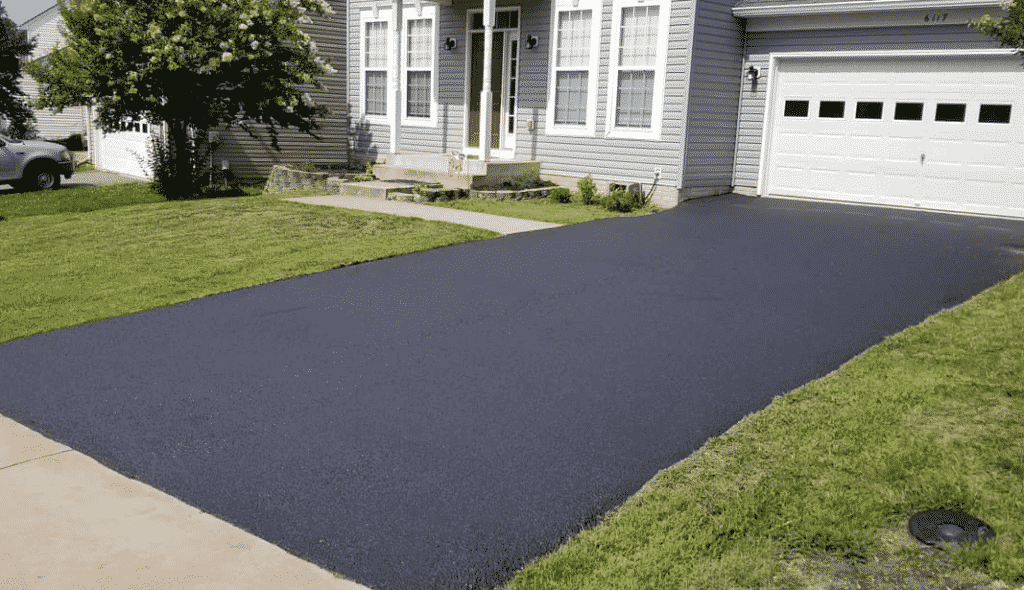Guard Surface Areas with Expert Asphalt Sealing: Cold Mix Fundamentals
Guard Surface Areas with Expert Asphalt Sealing: Cold Mix Fundamentals
Blog Article
Cold Mix Asphalt Vs. Hot Mix Asphalt: Which Is Right for You?

Composition Differences
Cold mix asphalt is created by emulsifying the asphalt binder with water and an emulsifying representative before mixing it with aggregate. The hot mix asphalt production process includes heating up the accumulation and asphalt binder individually before integrating them at the asphalt plant.
In addition, cool mix asphalt often tends to be much less thick and more flexible than warm mix asphalt. This adaptability makes it far better fit for areas with greater degrees of activity, such as driveways or roadways with hefty web traffic. On the other hand, hot mix asphalt is known for its high sturdiness and resistance to rutting and splitting, making it a favored selection for freeways and high-traffic roads where longevity is crucial.
Installation Process Differences
The procedure of installing chilly mix and hot mix asphalt displays notable variations in their demands and treatments. In contrast, hot mix asphalt requires an extra intricate installation process. Due to the home heating needs, warm mix asphalt installations are typically carried out by professionals with specific tools, guaranteeing a much more irreversible and structurally audio outcome.
Sturdiness and Long Life Variables
When considering asphalt alternatives, longevity and longevity are essential factors to review for long-term sidewalk efficiency. Hot mix asphalt (HMA) is known for its exceptional durability and durability.
In terms of longevity, HMA typically outmatches CMA because of its exceptional strength and resistance residential or commercial properties. HMA sidewalks have a longer solution life, needing less constant repair services and maintenance, which can equate to set you back savings over time. In addition, HMA pavements are a lot more easily personalized to satisfy specific job requirements, further improving their resilience.
Price Considerations
Taking into consideration the financial implications is an important aspect when assessing the choice between hot mix asphalt (HMA) and cold wikipedia reference mix asphalt (CMA) for pavement projects. While the initial expense of hot mix asphalt is generally higher than that of cold mix asphalt, HMA often provides an extra cost-efficient remedy in the lengthy run due to its premium durability and long life.
Along with product expenses, it's necessary to take into consideration the expenditures related to installation and maintenance when comparing HMA and CMA. HMA usually calls for specific equipment and knowledgeable labor for correct setup, which can impact total job expenses. On the other hand, CMA is simpler to work with and can usually be used utilizing easier strategies, possibly lowering installment costs. Eventually, the decision between HMA and CMA should take into consideration not just the first expense yet additionally the long-lasting monetary implications to determine one of the most cost-efficient option for the specific sidewalk task.
Environmental Influence Comparison
Contrast of the ecological influences in between warm mix asphalt (HMA) and cool mix asphalt (CMA) reveals distinct differences in sustainability techniques. HMA production requires high temperatures, leading to raised power intake and greenhouse gas exhausts.
Moreover, making use of CMA often involves reusing existing asphalt page sidewalk, advertising source preservation and reducing the quantity of waste sent out to garbage dumps. This reusing element additionally improves the sustainability of CMA compared to HMA. On the whole, when considering the ecological influence, CMA arises as a much more ecologically sustainable selection as a result of its lower energy needs, reduced emissions, and the possibility for recycling existing materials. By selecting CMA over HMA, roadway building projects can add positively to ecological conservation efforts.
Final Thought
To conclude, the choice in between cold mix asphalt (CMA) and hot mix asphalt (HMA) relies on various aspects such as structure, installation process, longevity, longevity, expense, and environmental influence. angle parking. While CMA uses a fast and affordable solution for minor repair services, HMA makes certain remarkable toughness and longevity for rush hour areas. Think about these variables carefully to identify which type of asphalt is the ideal choice for your paving needs

Thinking about the financial ramifications is an essential facet when assessing the selection in between hot mix asphalt (HMA) and chilly mix asphalt (CMA) for pavement jobs. While the first cost of hot mix asphalt is normally greater than that of cold mix asphalt, HMA commonly offers a more economical service in the lengthy run due to its superior sturdiness and long life. cold mix asphalt.Comparison of the ecological impacts between hot mix asphalt (HMA) and chilly mix asphalt (CMA) exposes distinctive differences in sustainability practices.In final thought, the option in between chilly mix asphalt (CMA) and hot mix asphalt (HMA) depends on various elements such as structure, setup procedure, durability, durability, expense, and Read Full Article environmental effect
Report this page